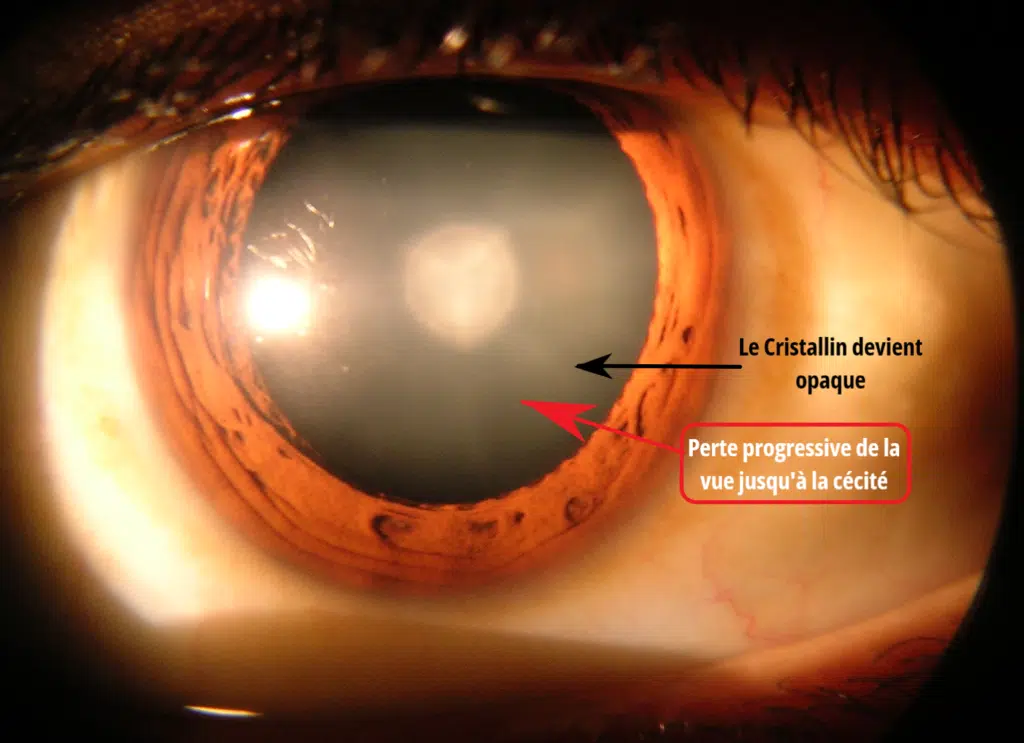Seeing beyond visual impairment: Challenges worldwide and in Cameroon
Blindness around the world


To see without limits is to live without limits. Imagine not being able to see or distinguish the world, not being able to admire the colors, shapes or expressions of a face. This is the daily reality for too many people.
According to the World Health Organization (WHO), 2.2 billion people suffer from visual impairment or blindness, and 1 billion of these cases could have been avoided.
But the most shocking fact is that every minute a child loses his or her sight, condemned to live in darkness for the rest of his or her life.
In low- and middle-income countries, access to eye care is limited, ophthalmic centers are unevenly distributed, understaffed and services are fragmented. The result is gaps in data collection and poor monitoring of trends in various visual disorders.
This situation is not confined to developing countries. Around the world, another worrying phenomenon is on the rise, and the media are not hesitating to speak of an epidemic: myopia.
The culprits? Our screens, artificial light, over-solicitation of close-up vision, particularly among our students who spend a lot of time working (reading, writing, etc.) and in front of their smartphones or computers. This phenomenon has even been given a name: student myopia.
If no action is taken, WHO projections predict that 50% of the population will suffer from myopia by 2050. (In 2000, myopia affected only 25% of the population).
visual impairment in cameroon
Causes of blindness
Apart from accidental causes, the leading cause of blindness is cataract (39% of cases), followed by glaucoma (10%) and infantile blindness (4%).


The main causes are avoidable, but early detection is essential to prevent irreversible damage.
Cameroon is not spared by this situation and faces major challenges.

Around 600,000 people suffer from severe visual impairment, 150,000 can't read with their eyes and only 2,000 are able to decipher Braille.
The lack of Braille textbooks and competent teachers are at the root of the low level of education and the difficulties faced by visually impaired people in obtaining employment and becoming independent.
On International Braille Day in January 2022, the President of Cameroon's Human Rights Commission stated that disabled people in general, and the visually impaired in particular, are victims of discrimination at all levels of life.
The Cameroon government has signed and ratified the international conventions on disability. It has published an implementing decree.
Hospitals have organized glaucoma detection campaigns.
But the most important thing is to raise public awareness of prevention and early detection of ocular deficiencies. Charitable associations have their part to play.
Conclusion
Our Association, Filles et Fils de Coeur de Mama Aicha, has organized and is preparing to renew its campaigns to distribute glasses in the presence of an ophthalmologist, with the help of health centers. These operations help to ease the daily lives of people who cannot afford to consult an ophthalmologist, and also detect the symptoms that lead to blindness. At the same time, we are preparing a CANNES BLANCHES initiative to improve mobility for the visually impaired.
Imagine a blind or partially-sighted child, unable to read, write or even play freely with friends; consider an adult unable to work or feed his or her family, or an elderly person unable to enjoy his or her family because of blindness. Let's try, together, to change this situation, to see beyond blindness and fight against this silent and pernicious epidemic. Each of us, each of you, can make a difference.
Help us give all these children, adults and seniors a chance to see the world in a new light.



